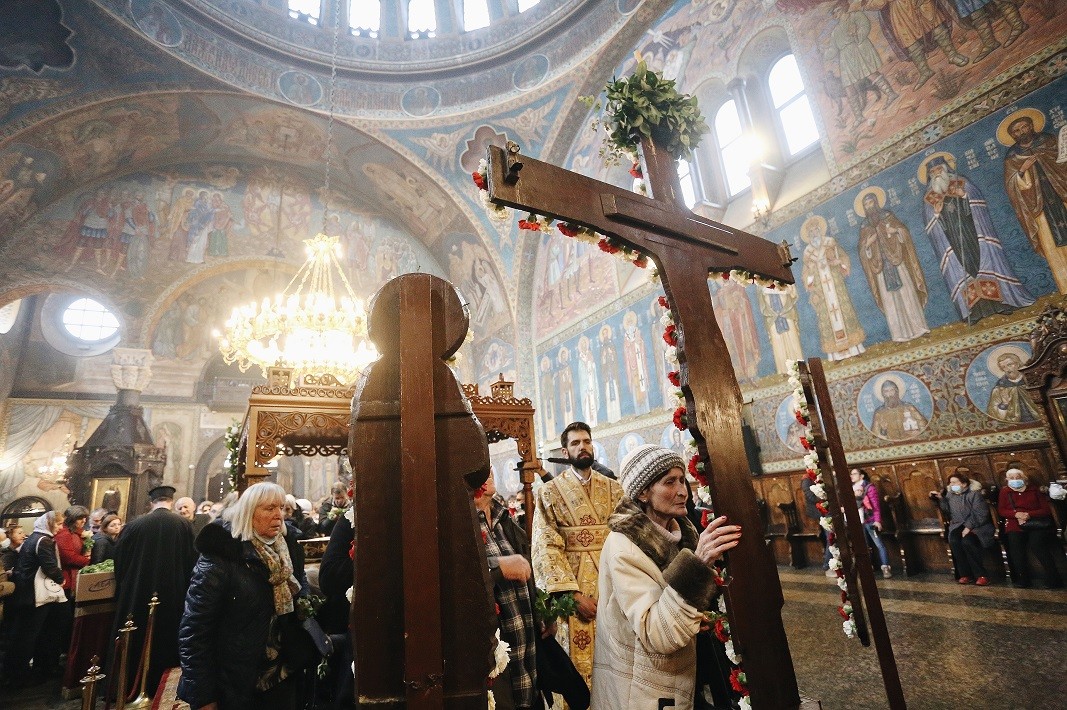
One of the most popular vocal groups of the 1980s, Tonika SV, is celebrating its 45th anniversary on stage with a grand concert in Sofia. The group is to perform its greatest hits on November 8, in Hall No 1 of the National Palace of Culture. Their..
The new nonprofit foundation Bulgarian Classical Concerts – Los Angeles , founded by two exceptionally successful and talented Bulgarian women – violinist Blagomira Lipari and composer Penka Kouneva – with the mission of promoting Bulgarian classical..
The JazzBoree group continues the line of mixing Bulgarian folklore with expressive means characteristic of jazz. The musicians of the formation find the intersection between folklore and jazz precisely in the freedom of interpretation - this is exactly..

+359 2 9336 661
